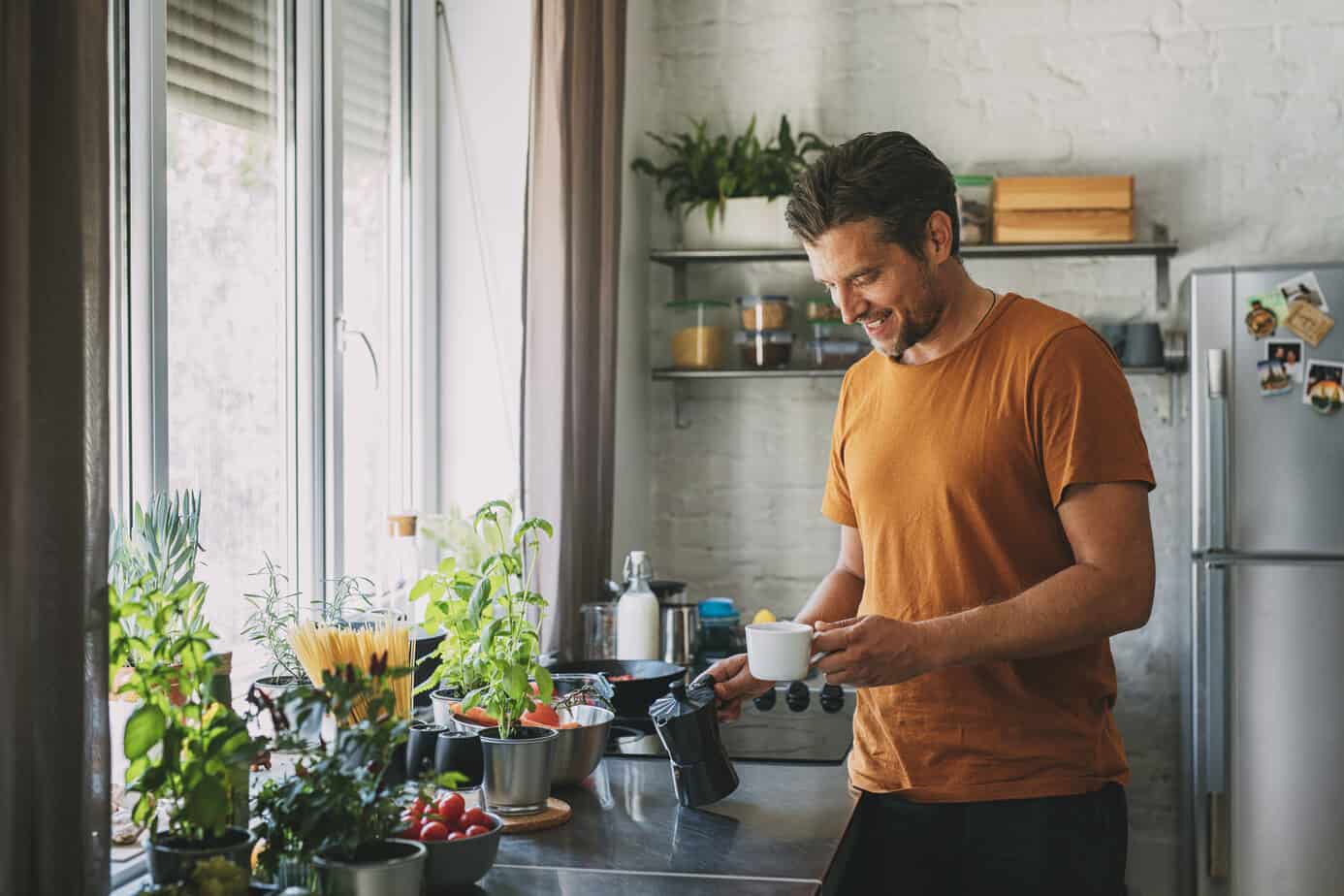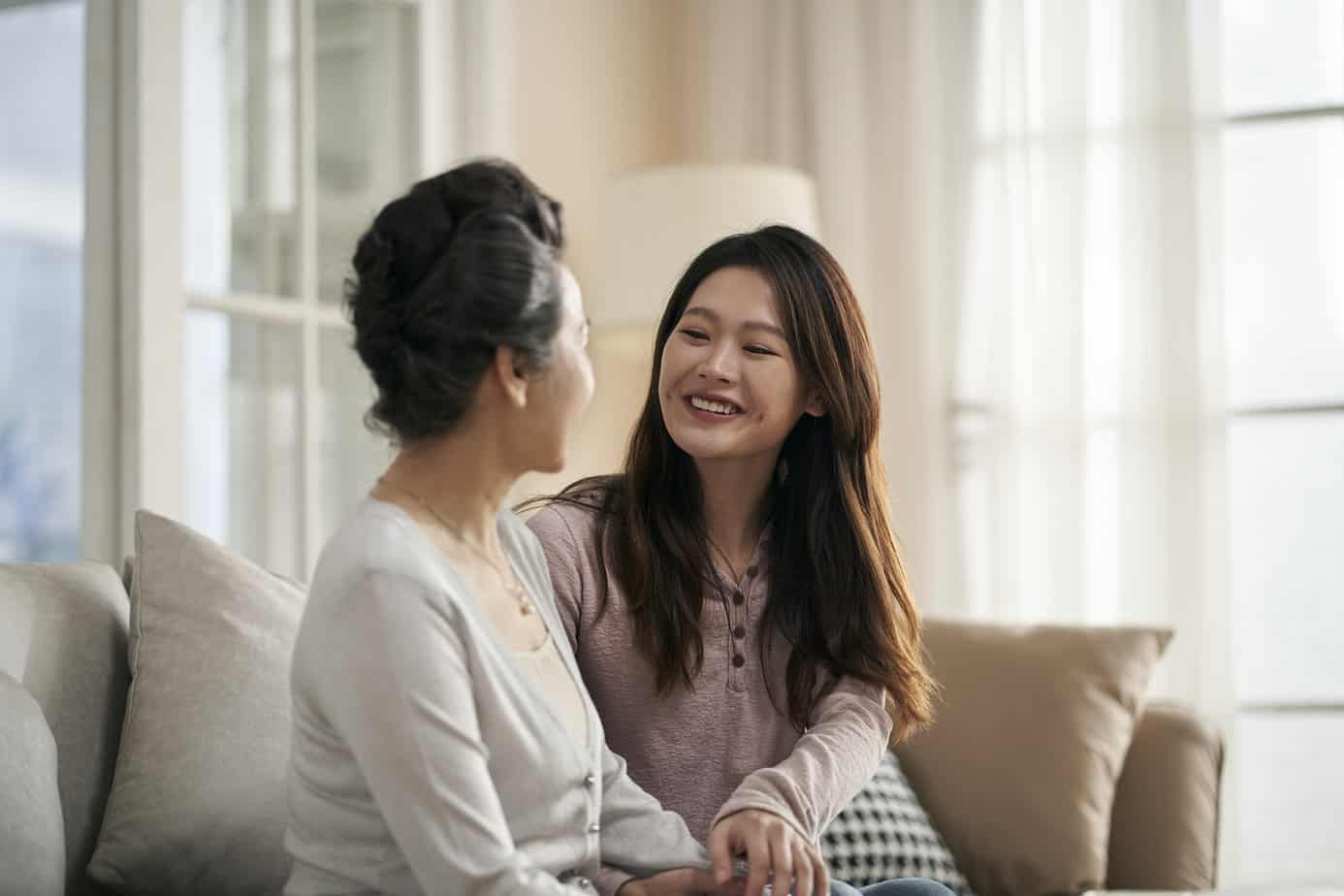The only thing more difficult than seeing a loved one struggle with drugs or alcohol is having a loved one decline help for their addiction. This disease does not discriminate. It affects brothers, sisters, daughters, sons, mothers, fathers, friends, and everyone in-between. A common theme among addicts is defiance toward help—the very help that can save their lives. So, how do we take care of a loved one whose disease prevents us from helping them?
Find Community
Your loved one cannot recover alone, and neither can you nor the rest of your family. It may seem like you are alone in your struggle, but you are not. Many resources can help guide you while a loved one struggles with addiction. Al-Anon and Nar-Anon have been helping families of active and recovering addicts for years. They take a 12 Step approach to coping with the emotional and physical toll a loved one’s addiction can create. These groups provide a sense of community for a disease that isolates loved ones and provides a structured approach to recovery and freedom from addiction.
Aside from 12 Step based groups, there are several other family support groups available to the public. These support groups cater to families and friends of loved ones in active addictions as well as those in recovery. Support groups can be an excellent place to gain insight into addiction and learn how to help a loved one. Professional clinicians are often present in these groups and can offer you support and guidance.
Take Care of Yourself
You may have found yourself walking on eggshells regarding communication with an addicted loved one. Creating boundaries helps relieve some of your mental stress and guides your loved one down the right path. Family therapy can also be a helpful tool in providing your loved one and yourself with a safe space to talk, improve communication, and start healing. It’s important to note that family therapy does not exclude friends or those who are not related to the addict.
If you have a loved one struggling with addiction, it can be hard to find time for yourself. Self-care is of the utmost importance to be able to cope with a loved one’s addiction. Good self-care habits include regular exercise, a balanced diet, individual therapy, and engaging in hobbies. It’s easy to interpret self-care as a selfish action, however, personal self-care is paramount to being present for your loved ones.
Asking for help and guidance in assisting your addicted loved one is critical. If you cannot ask for help, how can you expect your loved one to accept help? Addiction can create a sense of helplessness and isolation for those who suffer from it, and for those who bear witness to it. While you may feel alone, I promise that you are not. Attend a local Al-Anon meeting, engage in family therapy, practice good self-care, and engage in a family and friend support group for addiction. Remember, it takes a village to recover.
If you or a loved one is struggling with addiction, Mountainside can help.
Click here or call (888) 833-4676 to speak with one of our addiction treatment experts.

 By
By 







